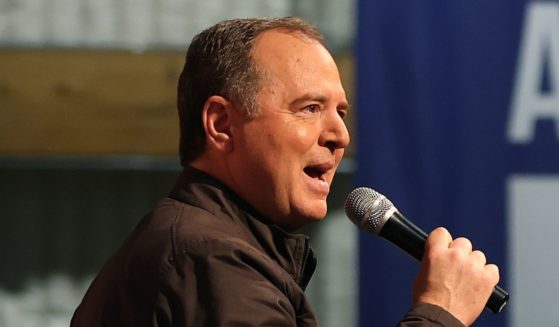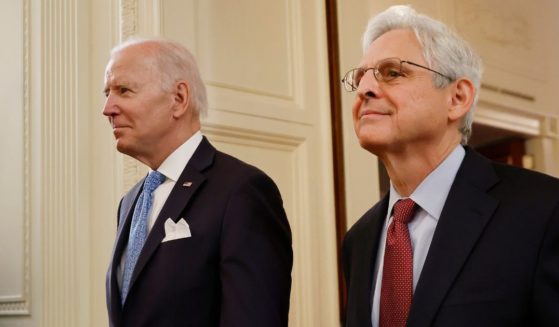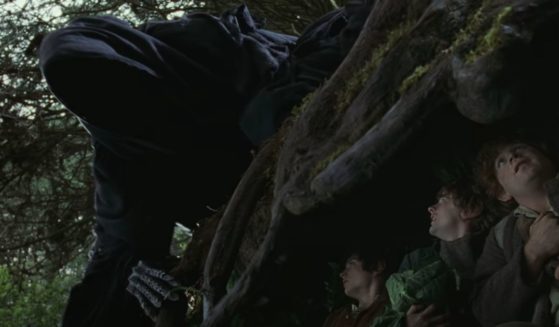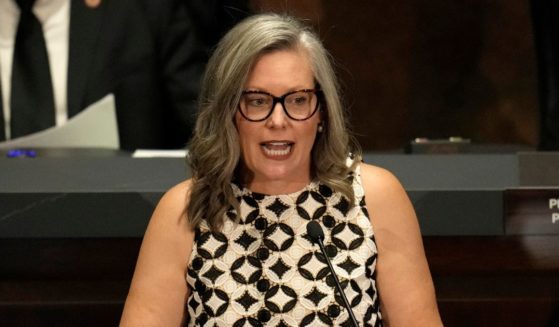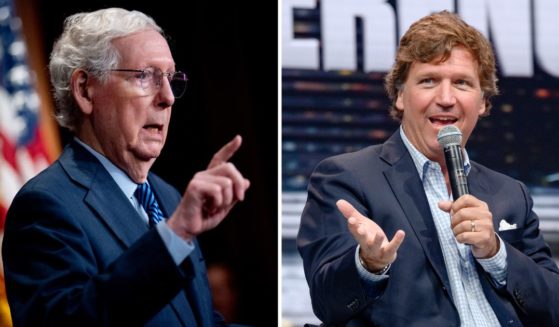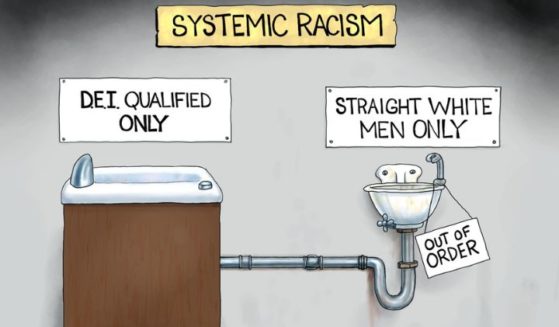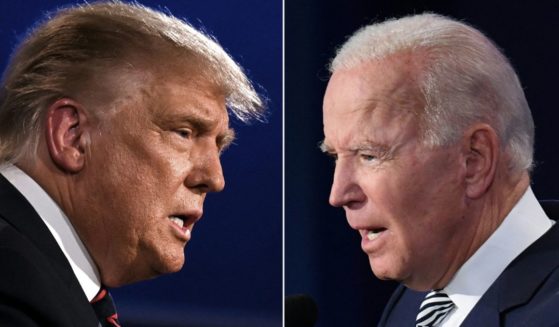Italy, China sign memorandum deepening economic ties
ROME (AP) — Italy signed a memorandum of understanding with China on Saturday supporting Beijing’s “Belt and Road” initiative, which aims to weave a network of ports, bridges and power plants linking China with Africa, Europe and beyond.
With the move, Italy becomes the first member of the Group of Seven major economies, which includes the United States, to join the Belt and Road program, following Portugal’s embrace of the initiative in December.
Italian Premier Giuseppe Conte and Chinese President Xi Jinping attended a ceremony in Rome where 29 separate protocols of the memorandum were signed by both governments in front of the flags of China, Italy and the European Union.
Luigi di Maio, the Italian minister of economic development, told reporters afterward that his country’s goal is to increase exports to China in order to correct trade imbalances and boost Italian businesses and the country’s troubled economy. He said the value of the individual deals signed on Saturday amounts to 2.5 billion euros ($2.8 billion), with the potential to grow to 20 billion euros ($22.6 billion)
“Our goal with these accords is to start to rebalance an imbalance for which there is a lot of ‘Made in China’ coming to Italy and too little ‘Made in Italy’ that goes to China,” Di Maio said.
He said Italy now expects “a substantial and gradual increase of exports and we hope that in the next years we can balance out the trade imbalances.”
Italy’s move appears to also be driven by hopes that Chinese investment in Italy’s ports might help revive the country’s traditional role as a key link in trade between the East and West.
The signed accords are wide-ranging and include cooperation between banks, between a Chinese construction company and Italian ports, and the export of Italian fruit to China. The deals also foresee cooperation in the spheres of science and technology and between media outlets, as well as the return by Italy of hundreds of Chinese cultural treasures.
The signing ceremony took place at the Villa Madama, a Renaissance villa designed by Raphael, where Xi was greeted with full honors on the second day of his two-day visit to Italy. He then traveled to Sicily, where officials hope to attract more Chinese tourism.
Italy’s involvement in the Belt and Road program gives China a crucial inroad into Western Europe and a symbolic boost in its economic tug-of-war with Washington, where President Donald Trump is challenging China over trade and other issues.
The EU, however, is worried about unfair competition from Chinese companies, which are controlled by the Chinese government and benefit from the state’s financial backing. EU leaders in Brussels are preparing a strategy to counter the growing influence of China, which they describe as a “systemic rival.”
Some Italian government officials were critical of the deals, worried that Italy might be ceding national sovereignty in key strategic areas to Beijing. In a sign of opposition, Matteo Salvini, the deputy prime minister and interior minister, stayed away from the official ceremonies with the Chinese delegation.
Di Maio stressed that Italy remains firmly rooted in its alliance with the United States, NATO and its European partners, but said Italy must also look out for its own economic interests.
“Like someone in the United States said ‘America first,’ I continue to repeat: ‘Italy first’ in commercial relations,” Di Maio said.
In response to concerns that the memorandum could open the way to colonization by China, Di Maio countered it would instead help goods manufactured in Italy “to colonize the world.”
“That is a good colonialization,” he said.
The Belt and Road project has so far seen investments totaling more than a trillion dollars since its launch more than five years ago, and China says some 150 countries have signed agreements related to the project.
Beijing has marketed the initiative as a way to give some of the world’s neediest countries a leg up, helping them gain access to more trade and investment. But it also helps Chinese companies tap new markets for their products while helping Beijing amass greater global influence.
Some governments including the U.S., Japan and India worry that Beijing is trying to build a China-centered sphere of influence that undermines their own sway, pulling developing nations into infrastructure “debt traps” that would give China ever-more control over their territories and economies. Some say the proposed improvements are too expensive for the impoverished countries.
China’s official position is that Belt and Road is solely an economic initiative with no political motives. Xi said last year that even as China moves closer to the center of the world stage, it will never seek hegemony.
The Western Journal has not reviewed this Associated Press story prior to publication. Therefore, it may contain editorial bias or may in some other way not meet our normal editorial standards. It is provided to our readers as a service from The Western Journal.
Truth and Accuracy
We are committed to truth and accuracy in all of our journalism. Read our editorial standards.

